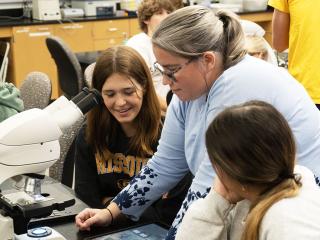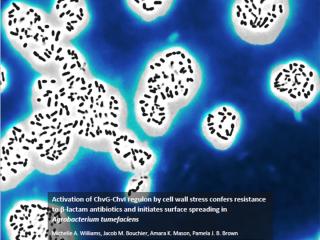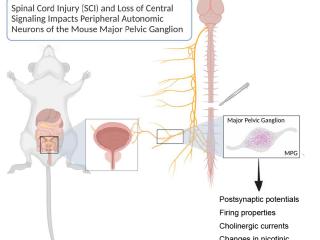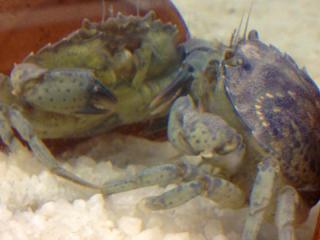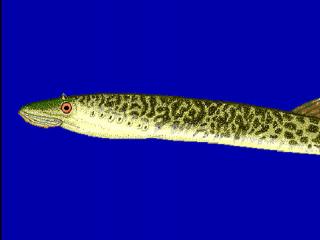Studies in cell biology in the Division of Biological Sciences emphasize both basic science and disease-related studies and encompass a wide variety of disciplines: from genetics and genomics to biochemistry and neurobiology. Research is concerned with cell structure as well as how cells function in the context of different tissues in various organisms. Using mammalian cells, yeast, fruit flies, transgenic mice, fish, and plants, faculty are investigating mechanisms of DNA replication, intracellular trafficking, cellular signaling, neuron structure and function, gene silencing, control of the cell cycle, and more.
Faculty
Establishment and maintenance of epithelial tissue architecture
Gene Environment Interactions and Epigenetics
Genetic control of carbon partitioning in plants
Molecular basis for polar growth in Agrobacterium tumefaciens
Generation and characterization of animal models to study genetics and disease
Mechanisms of cell-cell communication during development and tumor progression
Mechanisms regulating neuronal development and physiology in vertebrates
Signaling and activity of skeletal muscle satellite cells
Establishment and maintenance of epithelial tissue architecture
Staphylococcus aureus stress responses at the host-pathogen interface
Ovarian reserve formation, maintenance, and its associated ovarian dysfunction and diseases
The goal of the Lin Brain Lab is to develop precision health approaches to prevent Alzheimer’s disease and related dementia.
Morphology and immunocytochemistry of mucosal epithelial cells
Circuit stability, energetics, plasticity, and respiratory physiology
Mechanisms by which maternal physiology influences development of placenta.
Molecular mechanisms regulating cellular signaling in plants
Genetic dissection of synaptic plasticity, neural circuitry, and behavior in fruit flies


















